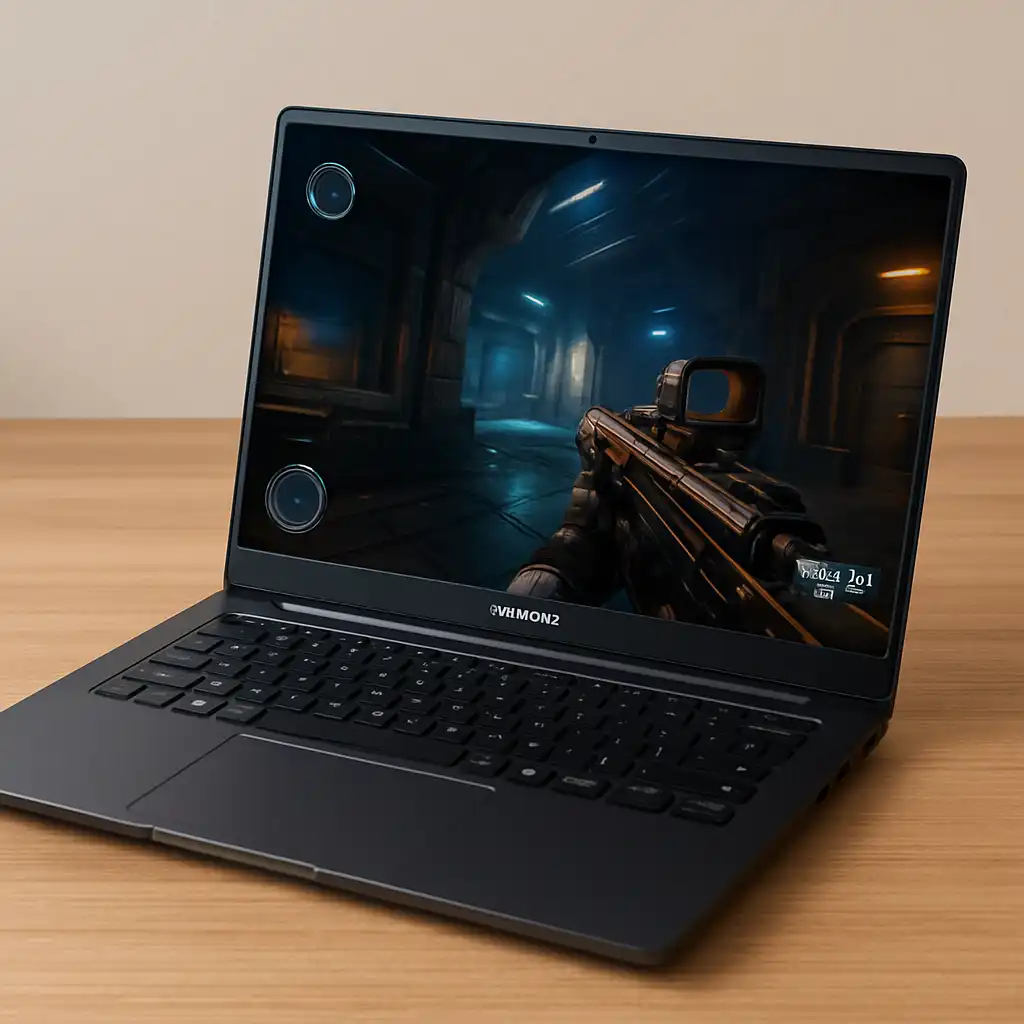Are Samsung Laptops Good for Gaming? What You Need to Know
Samsung may be best known for its smartphones and TVs, but its laptops have quietly evolved into sleek, high-performing machines. With eye-catching designs and solid productivity features, the question often arises: are Samsung laptops good for gaming? If you’re a gamer looking for alternatives to more established names in the gaming laptop scene, Samsung’s lineup might catch your eye—but is it worth your investment?
Review of Samsung’s Gaming Capabilities
Samsung’s entry into gaming-ready hardware has been relatively limited compared to giants like ASUS ROG, MSI, or Alienware. However, models such as the Galaxy Book Odyssey and Galaxy Book3 Ultra attempt to bridge the gap between premium productivity laptops and capable gaming machines. These laptops come equipped with discrete NVIDIA GPUs and Intel’s powerful processors, signaling an effort to appeal to gamers and creators alike.
The Galaxy Book Odyssey, for example, includes up to an NVIDIA GeForce RTX 3050 Max-Q GPU. While this GPU can handle many AAA titles at medium settings, it doesn’t match the thermal design or raw power found in laptops from brands that specialize in gaming. If you’re into esports titles like Valorant, League of Legends, or CS:GO, you’ll find performance to be more than acceptable. But for demanding games like Cyberpunk 2077 or Starfield, expect to make compromises in resolution and detail.
Performance and Cooling
Samsung laptops tend to prioritize thin and lightweight designs, which comes with a trade-off: thermal performance. Unlike dedicated gaming rigs that feature aggressive cooling systems and larger chassis for better airflow, Samsung’s slim builds can throttle under sustained loads. This can affect gaming sessions, especially during long play times or graphically intense scenarios.
That said, Samsung does use quality internal components—such as high-speed NVMe SSDs, fast LPDDR5 RAM, and vibrant AMOLED displays—which enhance the overall experience for multitasking, media consumption, and casual gaming. The displays are particularly stunning, offering deep blacks and vibrant color accuracy, but refresh rates are usually capped at 60Hz or 120Hz, falling short of the 144Hz+ standard favored by competitive gamers.
Battery Life and Portability
One of Samsung’s strongest advantages is portability. These laptops are light, slim, and stylish, making them ideal for students or professionals who want a device for both work and light gaming. Battery life is also commendable. Some models last well past 10 hours in regular use, but gaming cuts that down significantly—often below 2 hours—similar to most gaming laptops.
Additionally, Samsung integrates its ecosystem smoothly across devices. If you own a Galaxy phone or tablet, syncing and transferring files is seamless. But while that’s great for productivity, it doesn’t directly enhance gaming performance.
Should You Buy a Samsung Laptop for Gaming?
The answer depends on your gaming habits and expectations. If you’re looking for a well-built laptop that can handle occasional gaming sessions, especially lighter or older titles, Samsung laptops will serve you well. Their combination of beautiful displays, solid build quality, and decent performance offers value for everyday users who game occasionally.
However, if gaming is a core purpose—especially if you’re into the latest AAA releases or competitive esports—dedicated gaming laptops from brands like ASUS, Acer, MSI, or Dell’s Alienware series will give you more bang for your buck. These machines offer better GPUs, advanced cooling systems, higher refresh rate screens, and gaming-focused features like programmable keys and RGB lighting.
Conclusion
Samsung laptops can indeed support gaming, but they’re not built with gamers as the primary audience. They shine in design, portability, and display quality, but fall short in raw performance compared to specialized gaming machines. If casual gaming is a bonus for you rather than a primary need, Samsung laptops offer a great balance of style and substance. But for serious gaming, it’s worth exploring alternatives that deliver more in performance and thermal efficiency.







